What actually is “hitting the wall”?

Hitting the wall is a common problem for runners, but why does it happen, and is there a way to prevent it? Let’s dive into the science behind this phenomenon, and explore some ways to avoid it.
During low-intensity exercise, your body can use fat for most of its energy requirements. However, at higher intensities, your fuel requirements change, and your body relies primarily on glucose. Glycogen is how glucose is stored in the body, in the liver, and muscles. If these stores are depleted past a certain point, you will hit the wall.
To avoid hitting the wall, it’s important to understand how glucose affects your body during exercise.
When you eat carbs, your body breaks them down into simple sugars, which are absorbed into the bloodstream. As the sugar level rises in your body, the pancreas releases insulin. Insulin is a hormone needed to move sugar from the blood into the cells, where the sugar can be used as a source of energy. Generally, you want to maintain good glucose stability because this can help with your overall metabolism, reduce inflammation, and aid in recovery.
However, there are many things that can cause rises or pronounced rushes in your glucose levels, such as food, mood, stress, and exercise. If you eat the same meal but change the order in which you eat the constituent parts, you can dramatically change your body’s glucose response. Eating fiber, fat, protein, and then carbohydrates can help stabilize your glucose levels.
CARB LOADING
Carb loading is another way to increase your glycogen stores leading up to key events and training sessions. Glucose availability is critical for high-intensity and long-duration work, and the first step to increasing your performance is with adequate glycogen stores. Effective carb loading requires stable and sustainable carbohydrates, which increase and maintain your glucose levels over time. It’s important to avoid large spikes and crashes in glucose, which can happen from eating a sugary bar outside of exercise or immediate recovery.
The recommended amount of carbs varies based on your weight, but studies suggest anywhere between 5 to 12 grams of carbs per kg of body weight. If you weighed 75 kg, that would be up to 800 or 900 g of carbs at the top end, which could be well over 3000 calories just from carbs! It’s important to build up your glycogen stores through carb loading over a few days, and spread those meals out throughout each day too.
In a race, you don’t have the luxury of time to allow slow-digesting, complex carbs to work their magic. Once your glucose stores drop, you need to fill them back up, and quickly. You can build up the amount of fuel you take on during runs over several weeks and trial the specific products to avoid potential stomach issues.
IT’S ALL ABOUT TIMING
Timing is also important when it comes to carb loading. Don’t leave too long a gap between race day breakfast and your race, or too short. Aim for a carb-rich breakfast 3 to 4 hours before the race starts, and practice this routine before race day.
Coffee can also help increase your glycogen resynthesis rate, which aids in recovery and adaptation. Additionally, carbohydrates are crucial for recovery. If you’re not recovering from all your training, then you won’t get the most out of your races. You need both carbs and protein, as well as good hydration, to recover properly.
In conclusion, hitting the wall is a common problem for runners, but with some understanding of glucose and carb loading, you can prevent it from happening.
Want to know more? Check out our video “How To FUEL LONG RUNS | Don’t Hit The Wall” on YouTube.


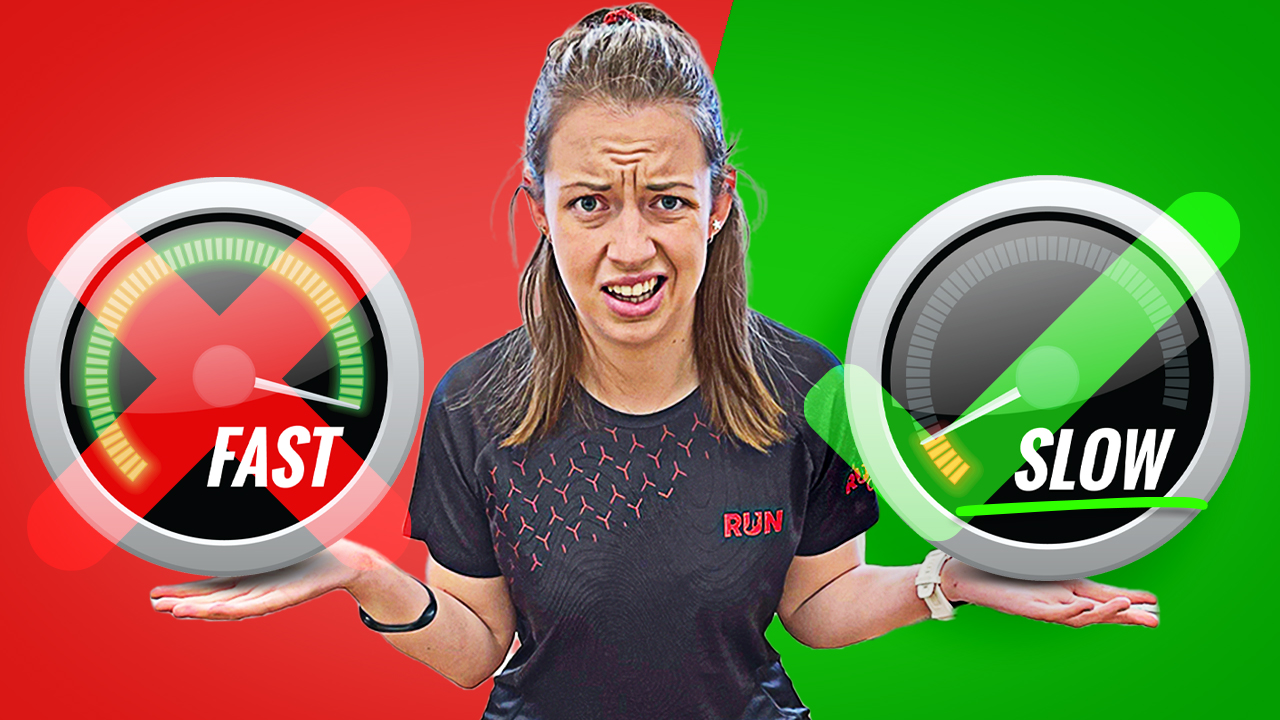







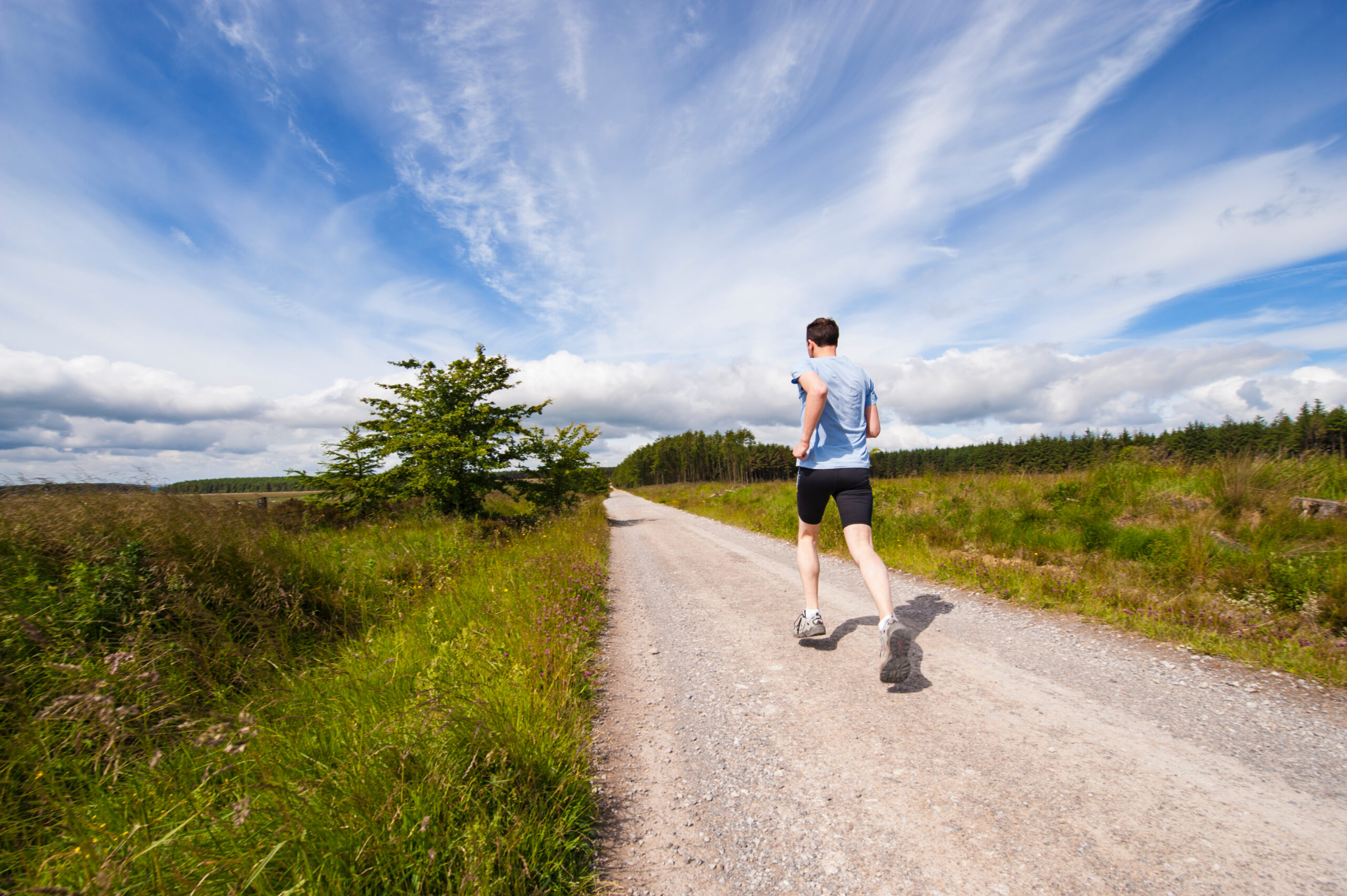

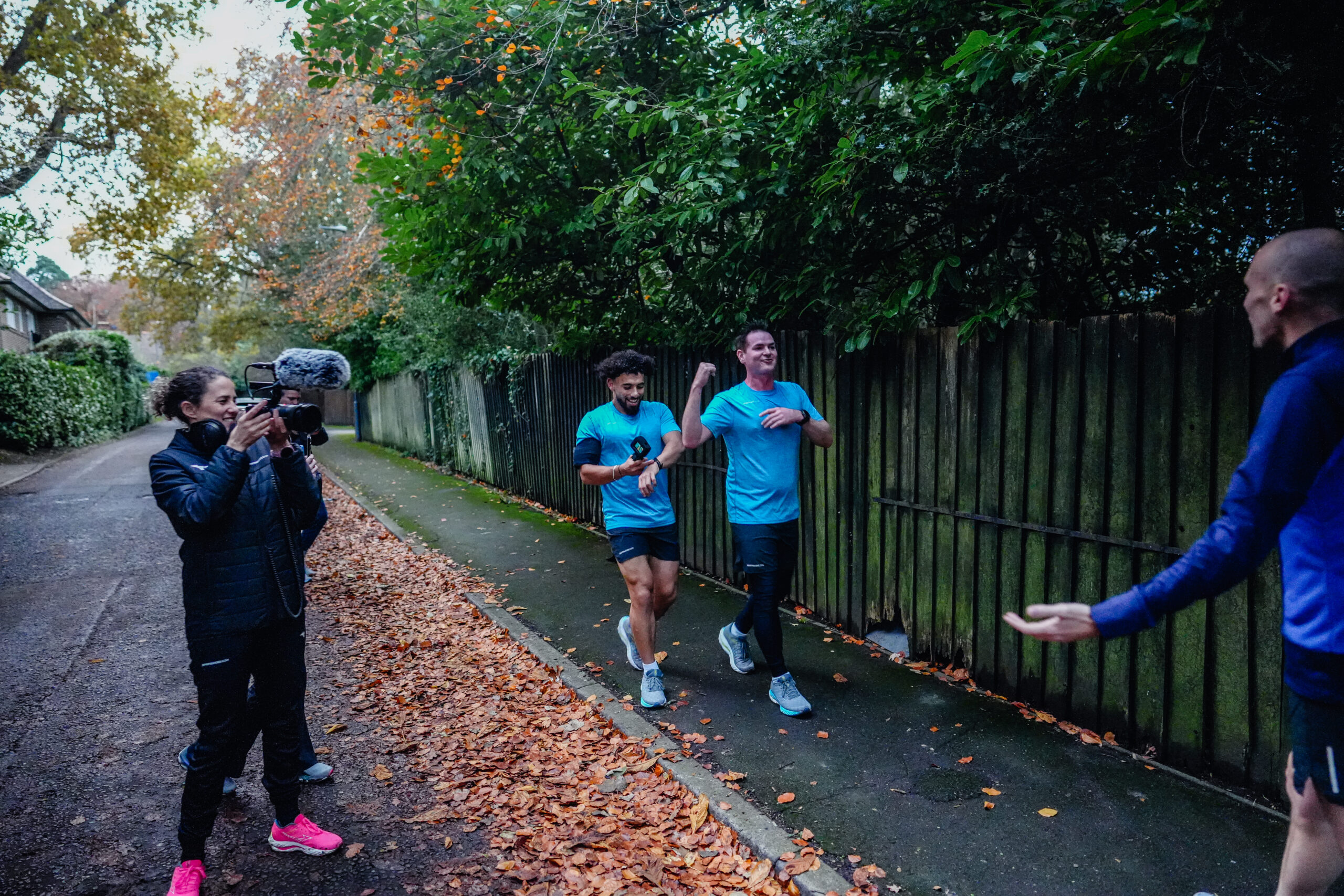




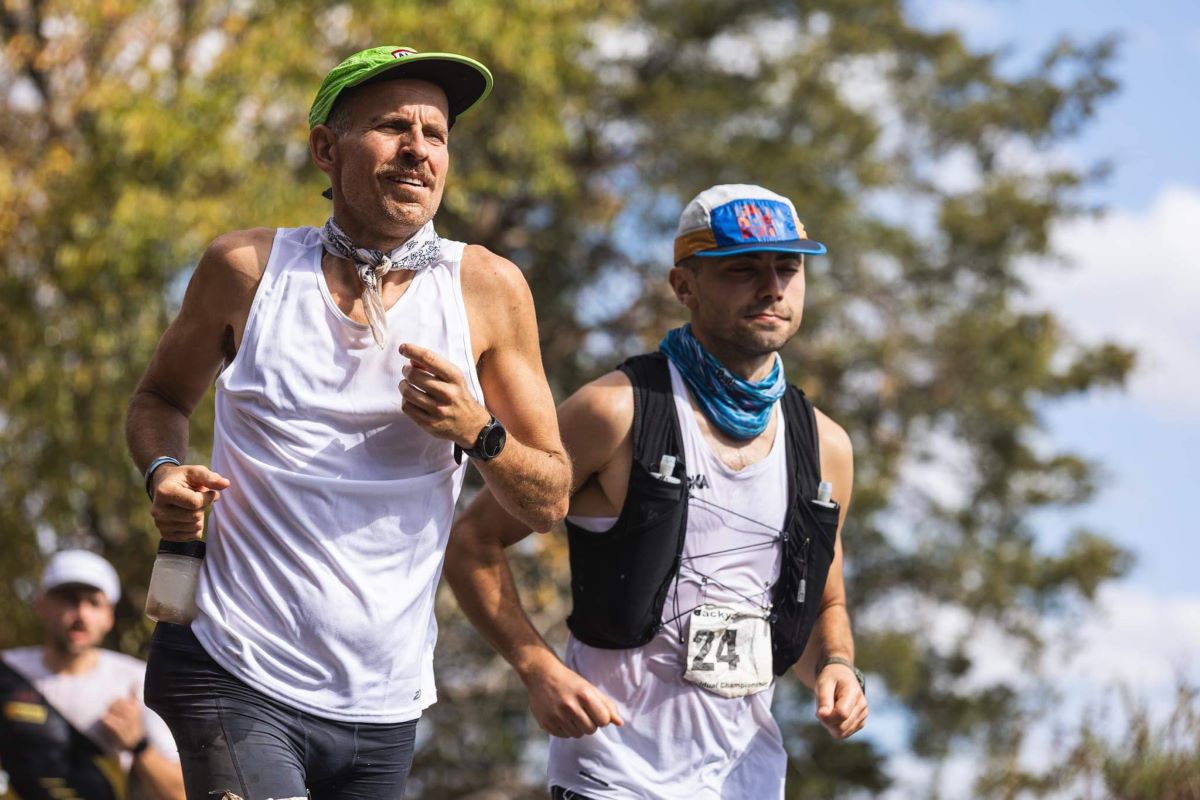

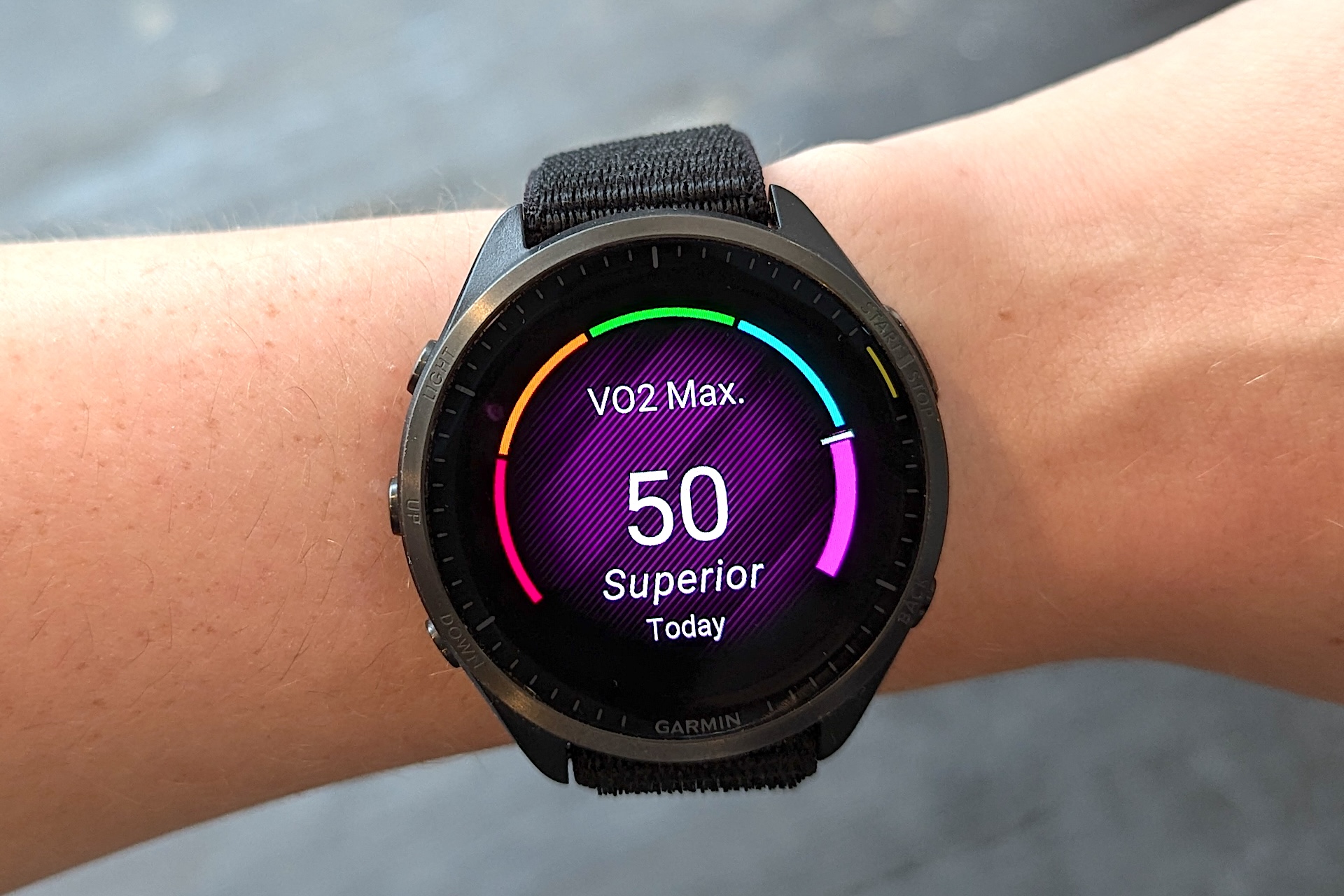

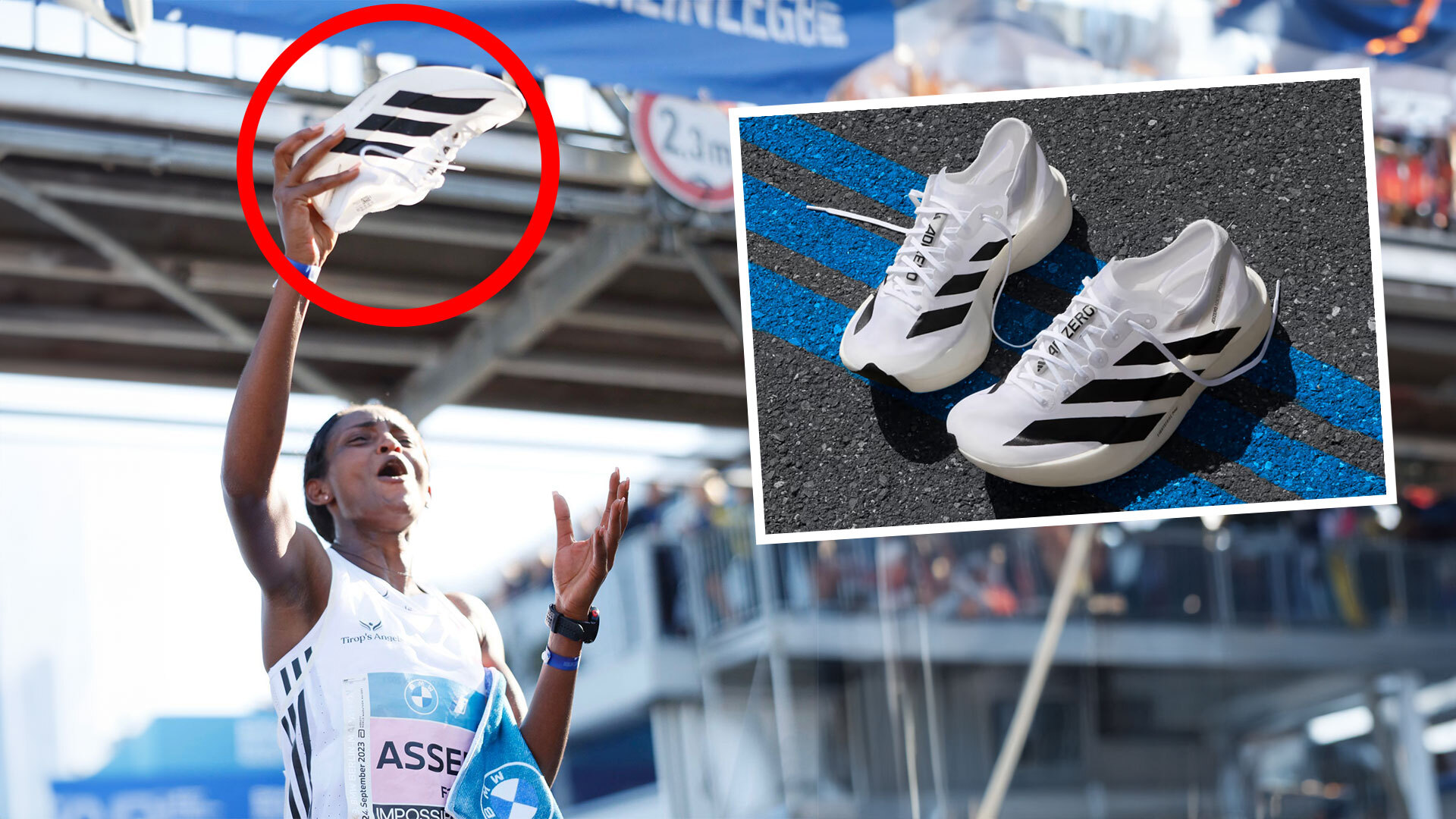




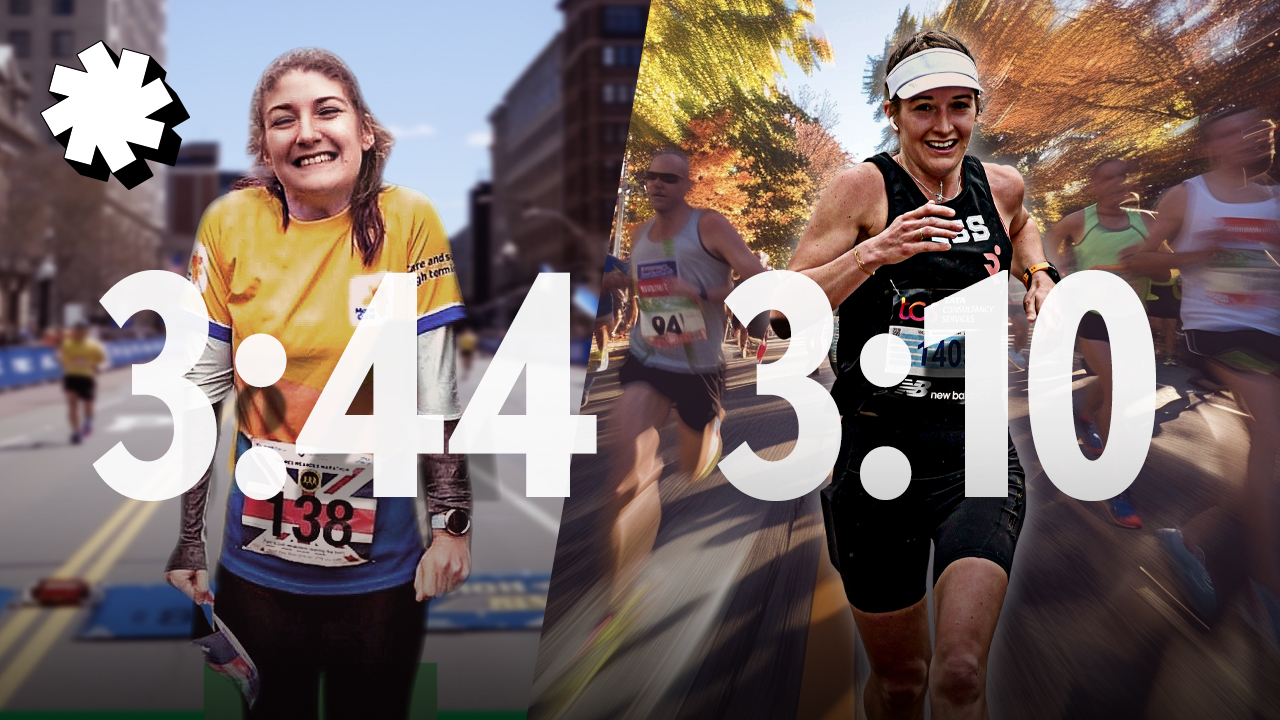

Running News
Paris 2024 Olympics Running Schedule
What Are Olympic Medals Actually Made From?
On Cloudboom Strike LS Initial Thoughts